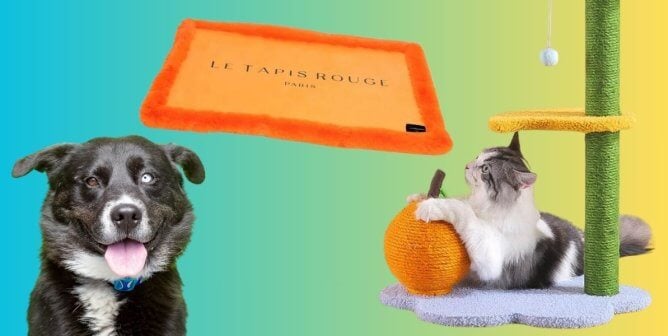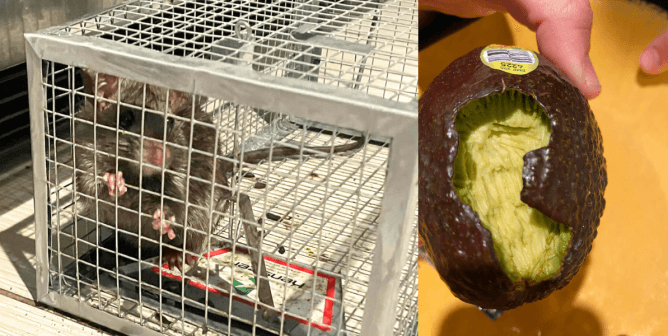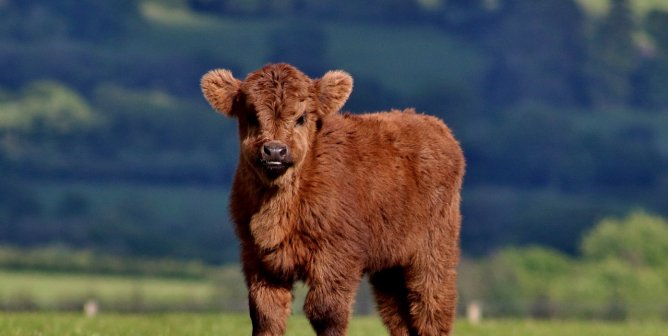During the COVID-19 pandemic, shelter-in-place orders across the country (and the world) have a lot of people yearning for the great outdoors. Since many outdoor spaces are temporarily closed, you may be looking for ways to bring the outdoors inside. Purchasing a new houseplant is a great way to create positive vibes, boost your mood, and help clean the air inside your home, but if you have animal companions, it’s important to choose your plants carefully. Lots of common ones are toxic to animals and can cause mouth and digestive irritation, seizures, breathing issues, and even death. Before bringing any new plant into your home, you should be sure that it isn’t toxic to your cat, your dog, or any other animal companion you share your home with.
The good news is that many gorgeous houseplants are safe for everyone in your household! Here are just a few:
Baby Tears (Soleirolia soleirolii)
Areca Palm (Dypsis lutescens)
Prayer Plant (Maranta leuconeura)
Polka Dot Plant (Hypoestes phyllostachya)
Ponytail Palm (Beaucarnea recurvata)
Catnip (Nepeta cataria)
Boston Fern (Nephrolepis exaltata)
Blue Echeveria (Echeveria glauca)
American Baby Rubber Plant (Peperomia obtusifolia)
Chinese Money Plant (Pilea peperomioides)
Edible Plants (such as basil, cilantro, and dill)
Orchids
Rattlesnake Plant (Calathea lancifolia)
Hens and Chicks Plant (Sempervivum tectorum)
Zebra Plant (Haworthia fasciata)
Air Plants (Tillandsia)
How Do I Buy Houseplants Safely During the Pandemic?
Depending on what’s open in your area, you may not be able to shop at a nursery right now. However, local stores might offer curbside pickup or local delivery—just give them a call to find out. Otherwise, there are several ways you can order houseplants online. Always make sure that the plant you’re ordering isn’t toxic to your animal companions. Reference this helpful infographic for the most common houseplants toxic to animals.
If one of your animals does ingest a houseplant—any houseplant—always play it safe and immediately call your veterinarian or the 24-hour Pet Poison Helpline (855-764-7661) for further guidance. If any of these sources are unresponsive, call PETA immediately, day or night, at 757-622-PETA (757-622-7382) and listen to the prompts.
Animals need us more than ever during these uncertain times, and there are plenty of ways you can help them from the safety of your home. Take some time to learn more about vegan cooking, stream some movies about animal rights, read about fascinating animals, and take action for animals today:







